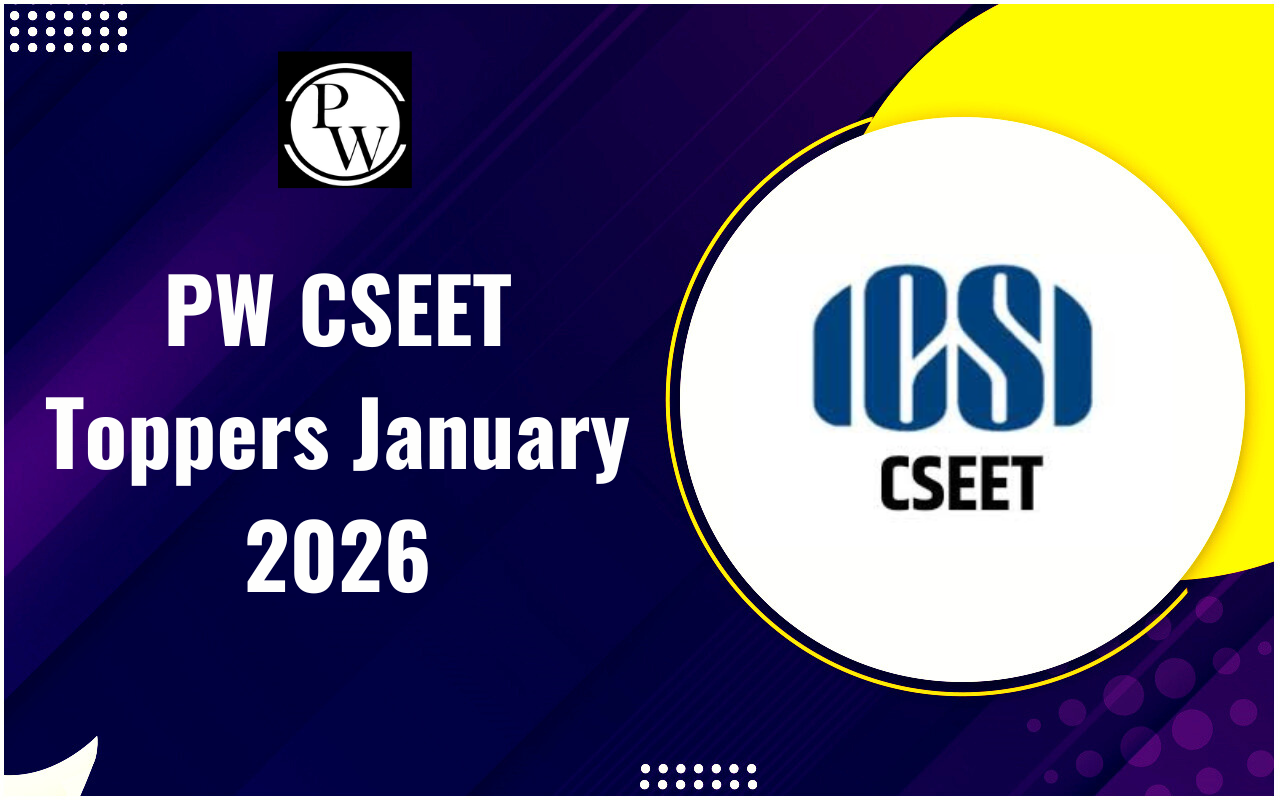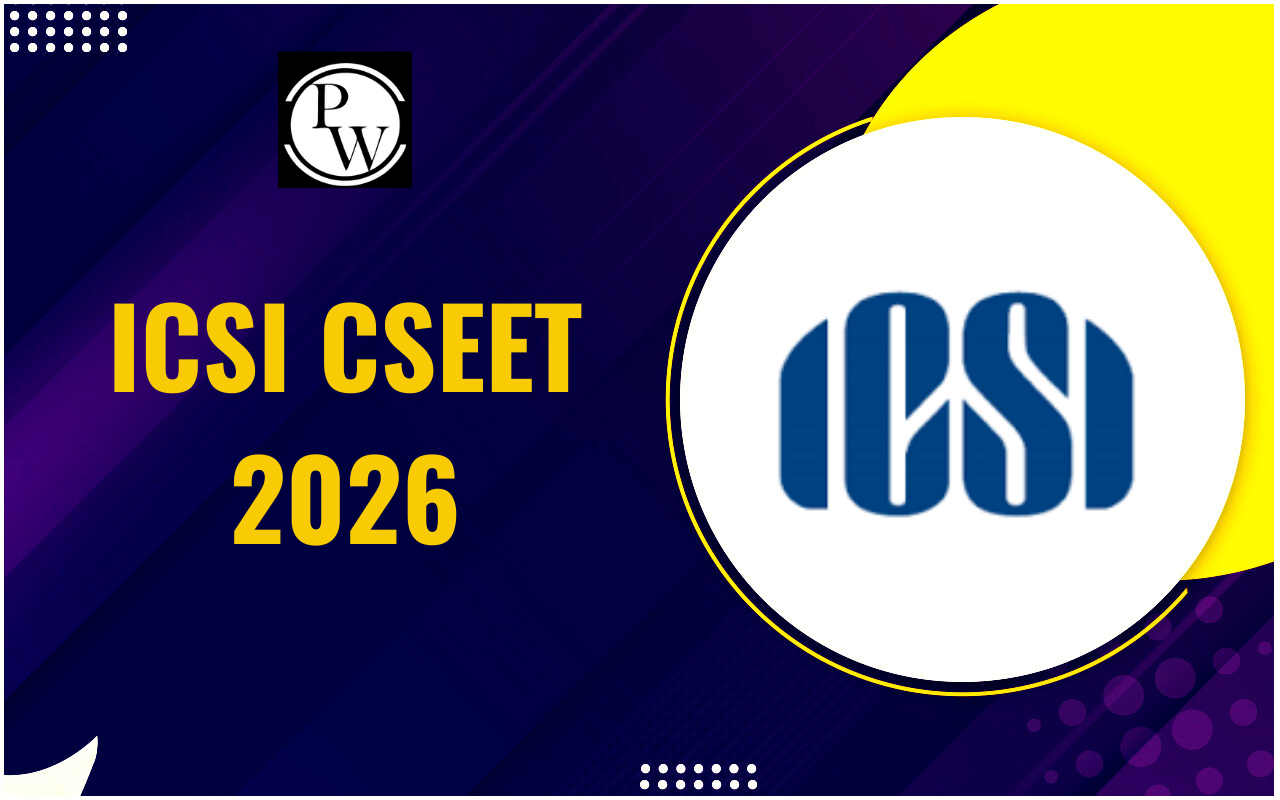
Law Governing Depositories and Depository Participants: In the 21st century, rapid growth in the Indian capital market is observed. But with the existing system, there have been issues like delays and bottlenecks which indicate market inefficiencies and not as per the standards of the international market. To proactively deal with these challenges a depository system was introduced. The legal framework for this depository system is provided by the Depository Act of 1996.
What is a Depository?
A depository is an institution that is authorized to take deposits of securities from its clients to enable their secure transactions. A bank, business, or other organization that owns securities and allows their transfers can act as a depository. Depositories are responsible for dematerialization or the conversion of securities from a physical form to an electronic form to facilitate transactions. SEBI is the controlling authority that must issue a certificate for the commencement of operations of a depository. Currently, India has two depositories in operation:- Central Depository Services (India) Limited (CDSL)
- National Securities Depository Limited (NSDL)
What is a Depository Participant?
The Depository Participants (DP) are the connecting link between the depositors and the owners of the securities. The investor can select the preferred depository participant and open an account with it. DPs are considered to be the depository's representative and qualified to provide investors with depository services. The Depository Act and SEBI regulations restrict a depository from directly communicating with beneficial owners. Investors are also not allowed to contact the depository directly for any services. Both-way interactions should be carried out through the Depository Participant.Legal Framework for Depository and Depository Participant
The SEBI regulates and controls the depository system by devising a legal framework. As per the Depository Act, the rules and obligations for depositories and depository participants are given as follows:- Under the Act, a depository must designate one or more participants as its agent.
- Anybody can consent to use a depository's services by becoming a participant in the process outlined in the depository's regulations.
- A person must give up their certificate of security to the issuer after reaching an agreement with the depository.
- Upon receiving a certificate of security, the issuer is required to cancel the certificate, record the depository's name as the registered owner of the security, and notify the depository.
- The depository must record the transfer of security in the transferee's name if the participant notifies it about a transfer of security.
- The depository must notify the issuer whenever the beneficial owner of any security requests custody of such security.
- A subscriber who an issuer offers security has the option of receiving the security certificate or retaining the securities with a depository.
- Every security that a depository holds can be dematerialized into electronic form with the provision of interchanging.
- The depository is considered as the registered owner to transfer ownership of securities on behalf of the beneficial owner.
- All rights, advantages, and obligations about securities held by the depository belong to the beneficial owner of the securities.
- Each depository must maintain a database and index of beneficial owners.
- A beneficial owner may pledge or hypothecate any security in their possession with prior depository approval, following the rules.
- A beneficial owner choosing not to receive any securities from the depository must notify the depository. The depository accordingly informs the issuer and makes the necessary changes in its database.
- After receiving notification from the depository regarding the beneficial owner's desire to opt out of the depository for any security, the issuer must provide the certificate of security to the beneficial owner within 30 days of complying with the requirements and payment of the necessary fees.
- If the depository or participant is negligent and causes a loss, the depository is required to compensate the beneficial owner.
- The depository is entitled to regain the money from the participant to compensate for damages caused by the participant's negligence.
The Depositories Act, 1996
On July 11, 1996, the Depositories Bill 1996 was presented in the Lok Sabha and got approval on July 16, 1996. The Rajya Sabha approved the Bill on July 23, 1996. And received the president's approval on August 10, 1996. After that, the final Depositories Act of 1996 was introduced. The Depositories Act of 1996 has gone through the following amendments:- Depositories Related Laws (Amendment) Act, 1997
- Securities Laws (Second Amendment) Act, 1999
- Securities Laws (Amendment) Act, 2004
- Securities Laws (Amendment) Act, 2014
- Finance Act, 2018
Other Laws Concerning Depositories
Depositories are also covered by some other provisions as follows:- The Companies Act, 2013
- The Indian Stamp Act, 1899
- Securities and Exchange Board of India Act, 1992
- Securities Contracts (Regulation) Act, 1956
- Benami Transaction (Prohibition) Act, 1988
- Income Tax Act, 1961
Laws Governing Depositories and Depository Participants FAQs
What is the advantage of dematerialization?
The dematerialization process makes the transfer of ownership of securities simpler and easier through electronic form, avoiding any paperwork.
Is there any stamp duty applicable for the transfer of securities in electronic form?
No, stamp duty is not applicable for the transfer of securities in electronic form.
What is a Demat account?
The acronym for Dematerialization Account is Demat Account. It is the account for preserving investments such as government securities, shares, bonds, mutual funds, etc., in electronic form, avoiding the problem of keeping physical documents.
How does SEBI enforce the Depository Act and other law provisions?
The SEBI imposes hefty penalties in case of non-compliance with the Depository Act and other law provisions.
🔥 Trending Blogs
Talk to a counsellorHave doubts? Our support team will be happy to assist you!

Check out these Related Articles
Free Learning Resources
PW Books
Notes (Class 10-12)
PW Study Materials
Notes (Class 6-9)
Ncert Solutions
Govt Exams
Class 6th to 12th Online Courses
Govt Job Exams Courses
UPSC Coaching
Defence Exam Coaching
Gate Exam Coaching
Other Exams
Know about Physics Wallah
Physics Wallah is an Indian edtech platform that provides accessible & comprehensive learning experiences to students from Class 6th to postgraduate level. We also provide extensive NCERT solutions, sample paper, NEET, JEE Mains, BITSAT previous year papers & more such resources to students. Physics Wallah also caters to over 3.5 million registered students and over 78 lakh+ Youtube subscribers with 4.8 rating on its app.
We Stand Out because
We provide students with intensive courses with India’s qualified & experienced faculties & mentors. PW strives to make the learning experience comprehensive and accessible for students of all sections of society. We believe in empowering every single student who couldn't dream of a good career in engineering and medical field earlier.
Our Key Focus Areas
Physics Wallah's main focus is to make the learning experience as economical as possible for all students. With our affordable courses like Lakshya, Udaan and Arjuna and many others, we have been able to provide a platform for lakhs of aspirants. From providing Chemistry, Maths, Physics formula to giving e-books of eminent authors like RD Sharma, RS Aggarwal and Lakhmir Singh, PW focuses on every single student's need for preparation.
What Makes Us Different
Physics Wallah strives to develop a comprehensive pedagogical structure for students, where they get a state-of-the-art learning experience with study material and resources. Apart from catering students preparing for JEE Mains and NEET, PW also provides study material for each state board like Uttar Pradesh, Bihar, and others
Copyright © 2026 Physicswallah Limited All rights reserved.









